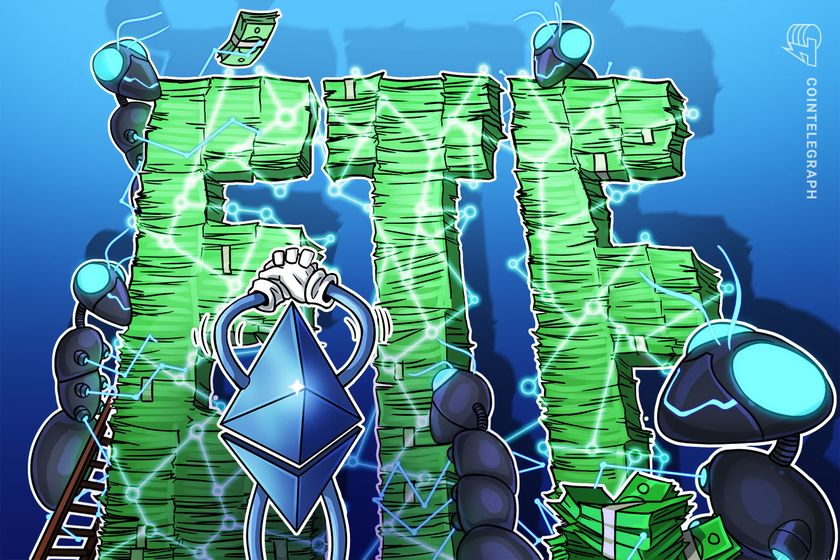Bitcoin proponents respond to New York Times’ BTC mining report

Bitcoin proponents accused New York Times of overstating emissions by mining companies and omitting the facts about the growing adoption of renewable energy sources for BTC mining.
New York Times’s latest report on Bitcoin (BTC) mining, titled “The Real-World Costs of the Digital Race for Bitcoin,” has irked many BTC proponents. A number of Bitcoin proponents took to Twitter to call out certain aspects of the report calling it “cheery picking data.”
The NYT article calls Bitcoin mining a “voracious” appetite and claims BTC mining uses as much energy as all residences in New York City.
Daniel Batten, a Bitcoin environmental, social, and governance (ESG) analyst, pointed towards two major instances of cherry-picking data and neglecting the increased use of renewable energy in the mining sector.
Batten noted that the NYT article overstates actual fossil fuel use for mentioned BTC miners by multi-folds and the mentioned emission levels for these miners are overstated by an average of 81.7%. He added that there is evidence of “significantly overstated real percentages of fossil fuel emissions, and using overwhelmingly incomplete datasets to support a thesis.”
Battern added that there are a total of 26 BTC miners in the United States and Canada that are using 90% sustainable energy to fuel their mining activities. However, the NYT article chose two of these 26 miners. The report focused on the least renewable-energy-backed sites out of all the active BTC mining firms in the area.
Troy Cross, another Bitcoin proponent, said that the NYT article used “marginal emissions accounting” to prove their narrative where it is selectively applied only for carbon emissions and not for generations.
It’s a shame, because I know months of work went into it, and the photography, layout, and graphics are superb as always.
— Troy Cross (@thetrocro) April 10, 2023
Dennis Porter, the CEO of the Satoshi Act fund, drew attention to the lack of due diligence in the NYT article where the publication had mentioned the wrong town for BTC mining in Texas but later corrected it.
Wow. The NYT couldn’t even take the time to fact check the town that #Bitcoin mining is taking place in.
It’s to Rockdale, Texas. Not Rockland.
These are not serious people. pic.twitter.com/72ed3uIiga
— Dennis Porter (@Dennis_Porter_) April 10, 2023
Pierre Rochard, vice president of research at BTC mining firm Riot, accused the NYT piece of using lots of “fictitious fractional-reserve carbon accounting” and “cooking the books to fabricate emissions.” Another Twitter user Hakan pointed towards many vague statements and fear-mongering in the article.
While Bitcoin’s high energy consumption for mining is definitely a topic of debate, it has significant importance in the BTC blockchain. BTC mining is not only used to verify transactions, but with proof-of-work (PoW), it also makes BTC decentralized and adds a layer of security.
Related: Bill protecting Bitcoin mining rights passes in Arkansas Senate and House
According to Bitcoin Mining Council report for Q4 of 2022, the BTC network is already a leader in sustainable energy use with 58.9% of its energy sources coming from renewable sources.

Bitcoin mining has always been a controversial topic, often fueled by misinformation shared in mainstream publications. Every other year mainstream publications have pushed reports claiming that Bitcoin mining would bring doom to the environment. There are active campaigns going on to change Bitcoin’s mining consensus to proof-of-stake. However, Bitcoin proponents continue to fight the misinformation.
Cointelegraph Magazine: Bitcoin in Senegal: Why is this African country using BTC?









